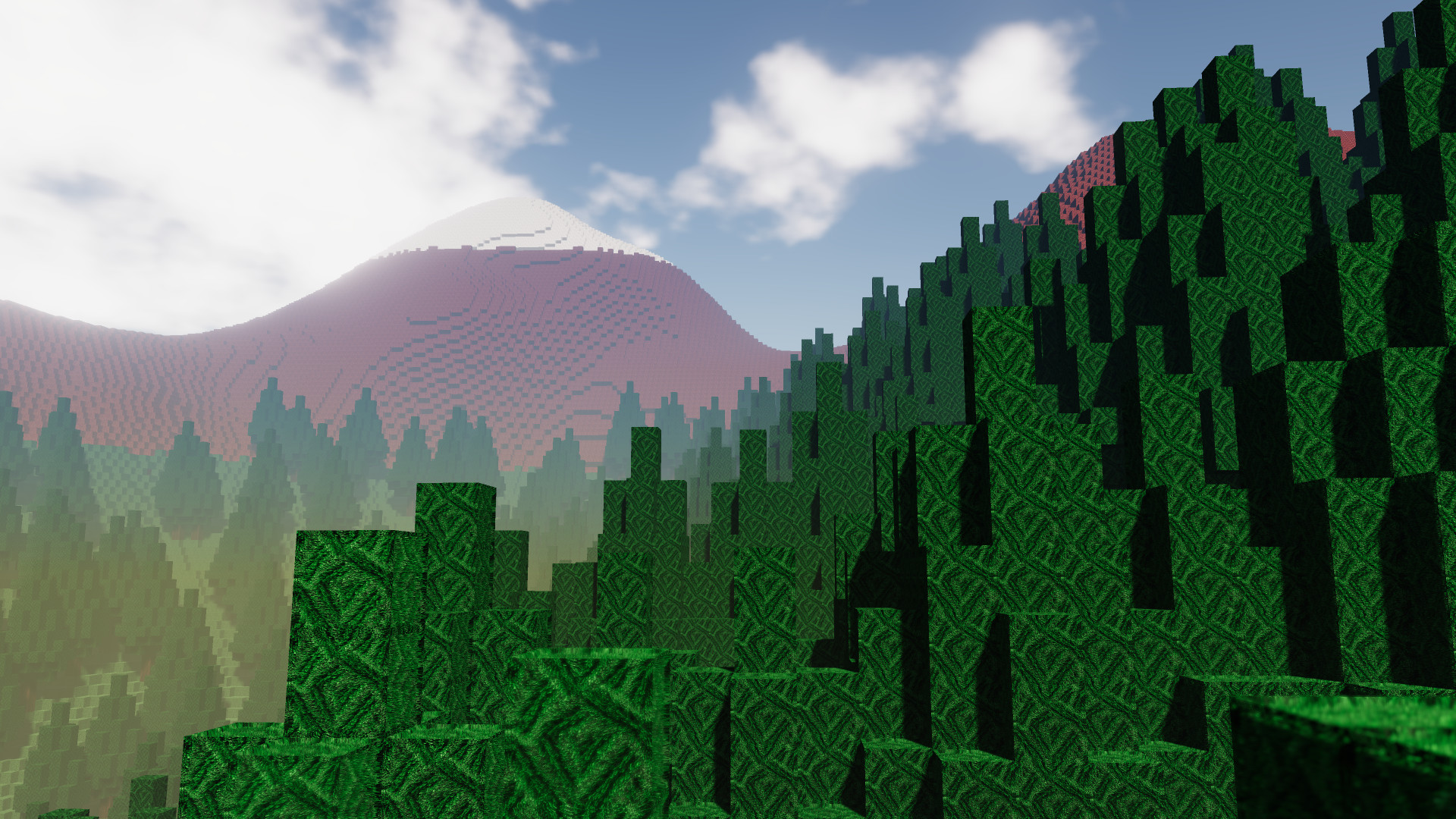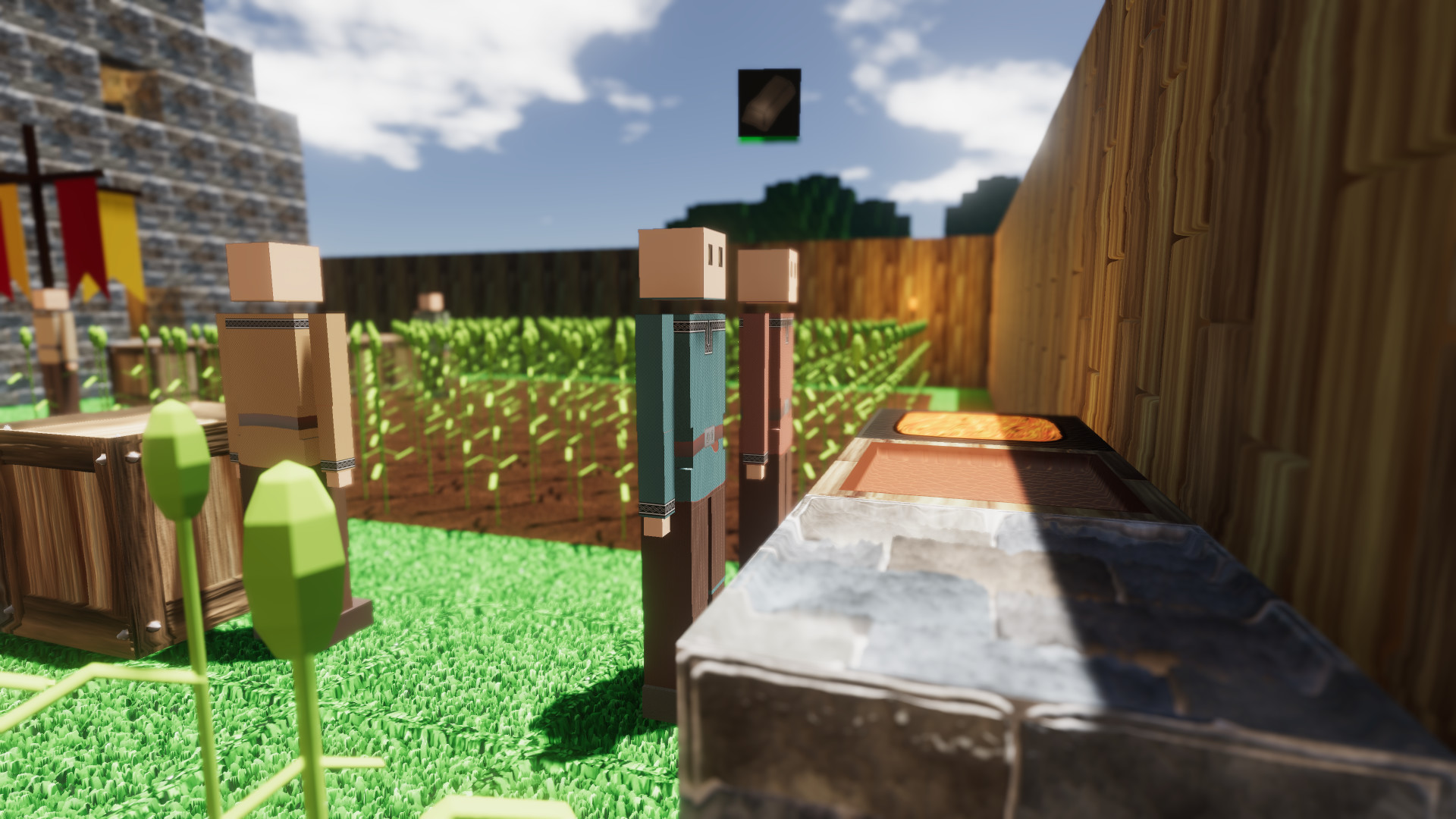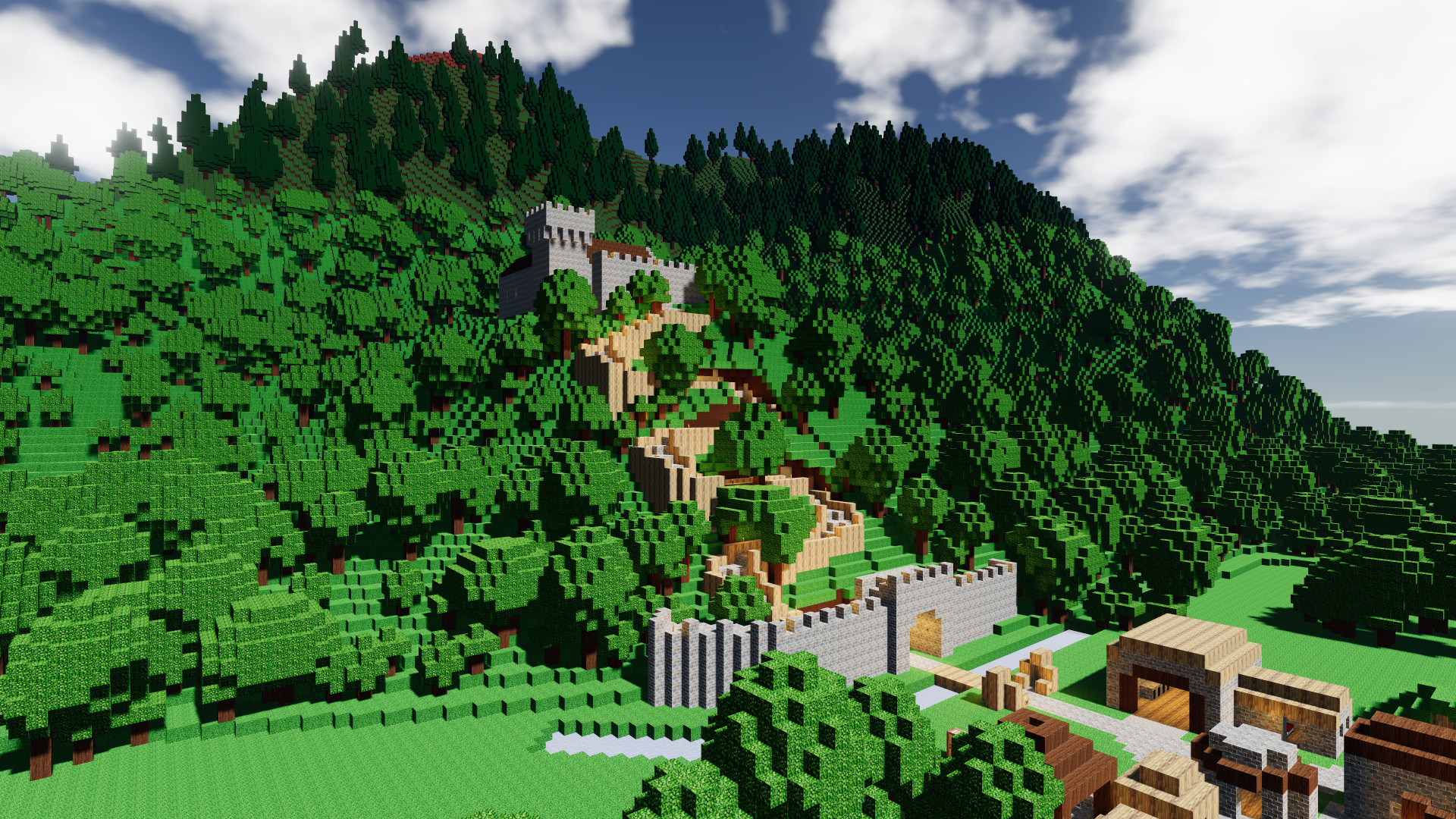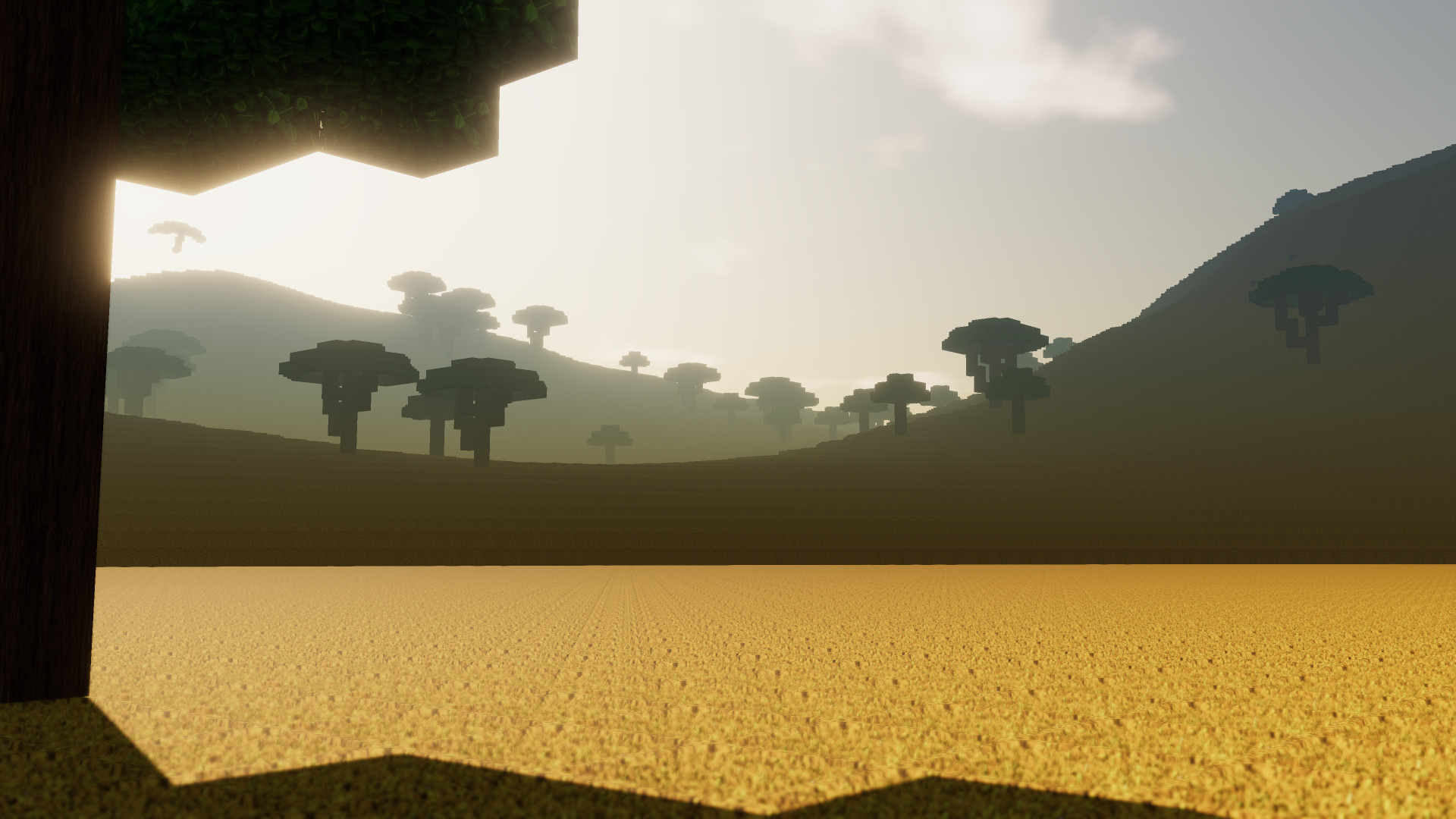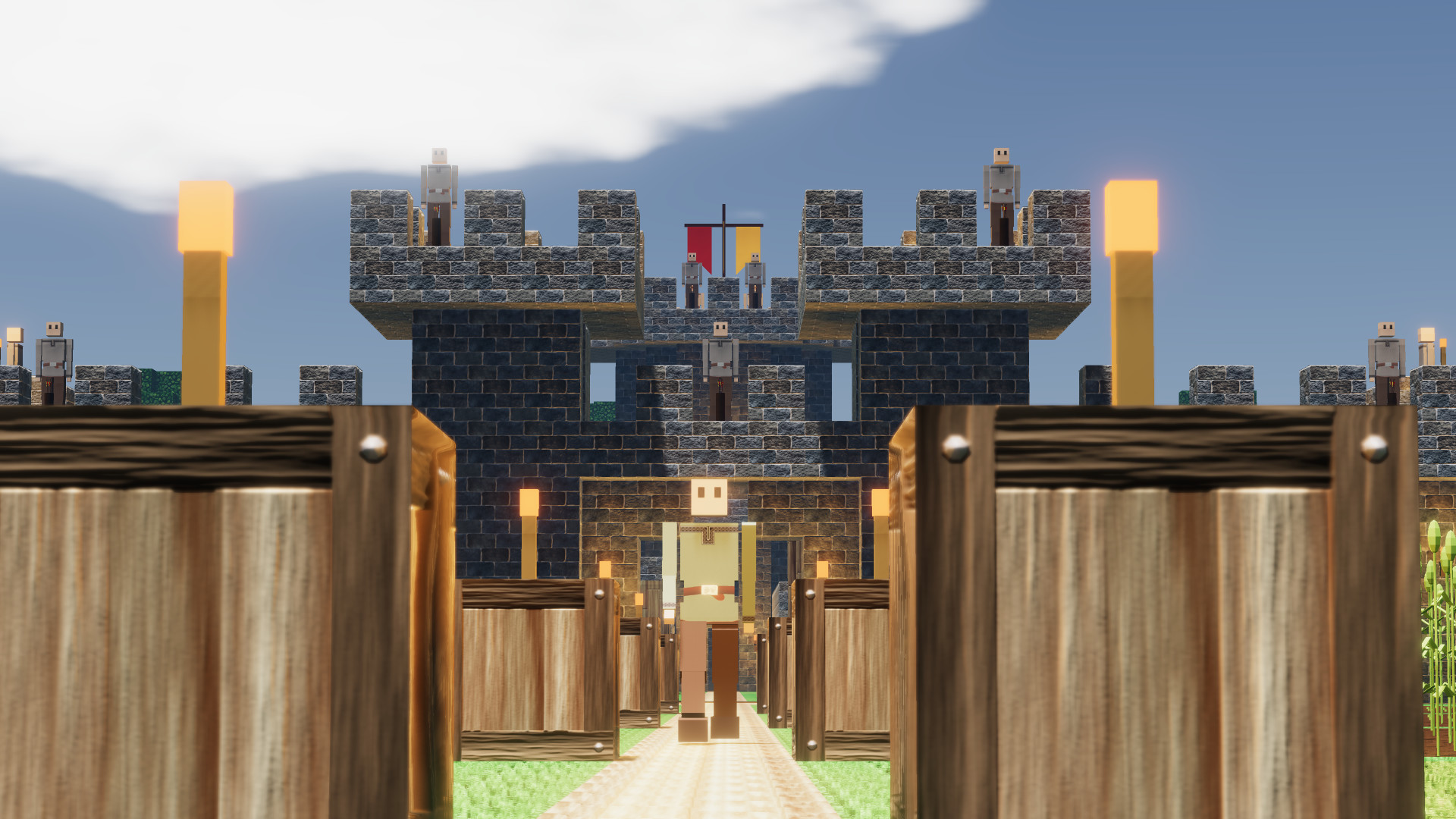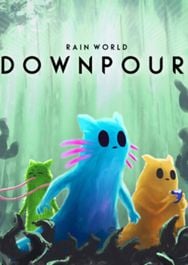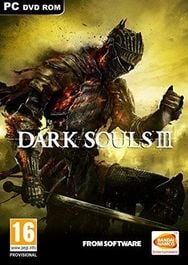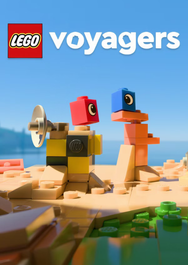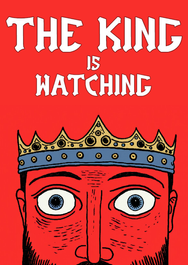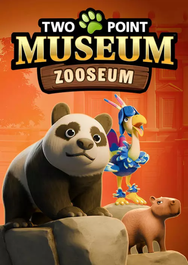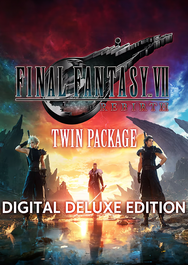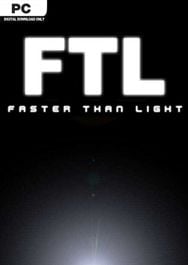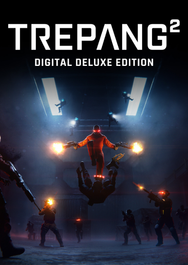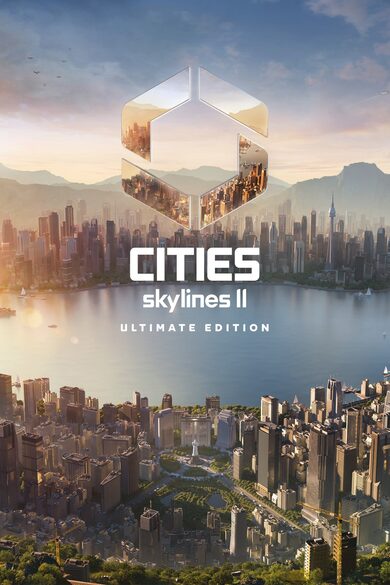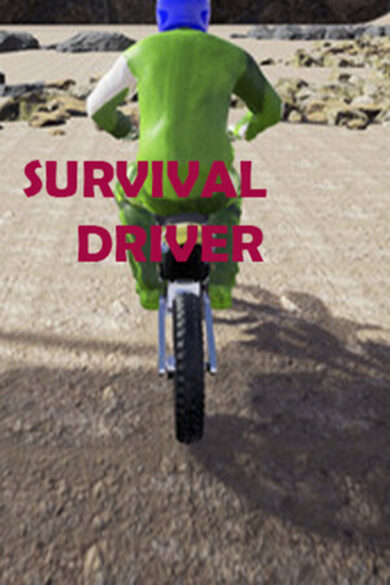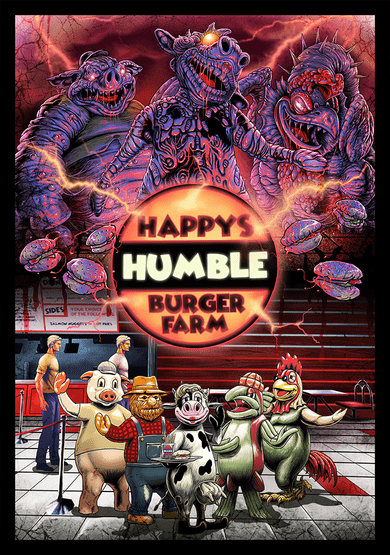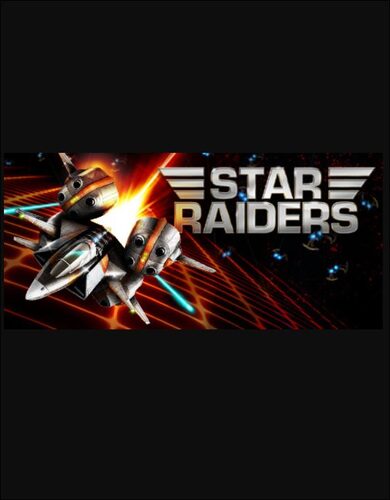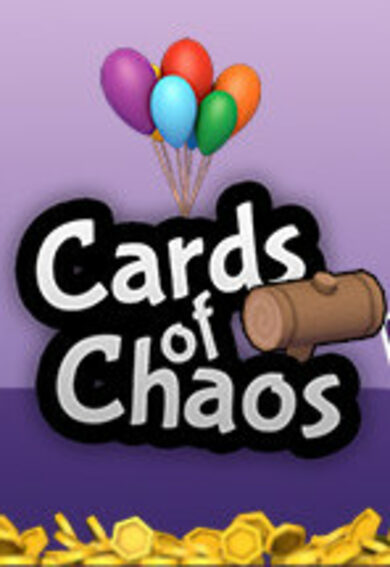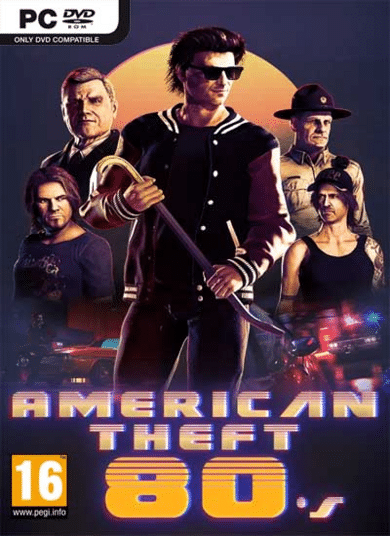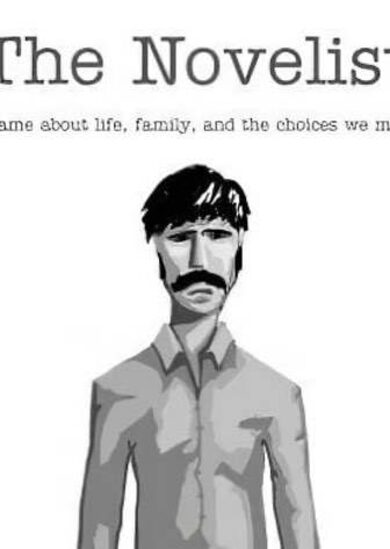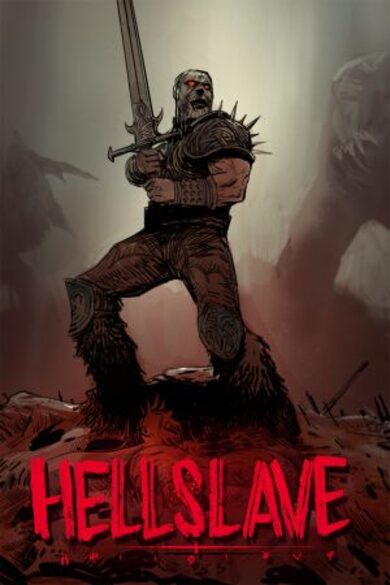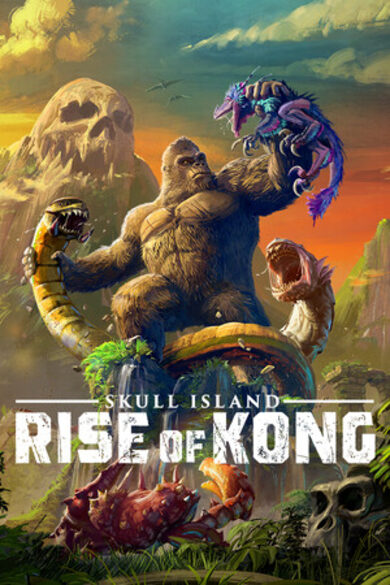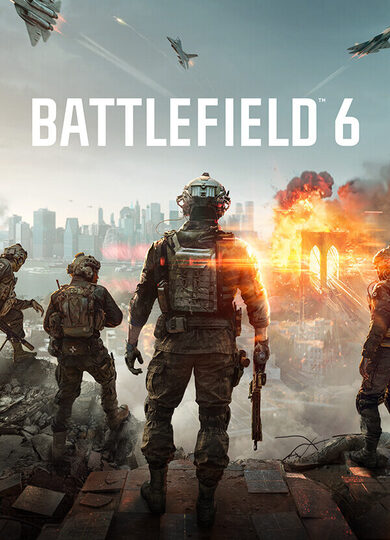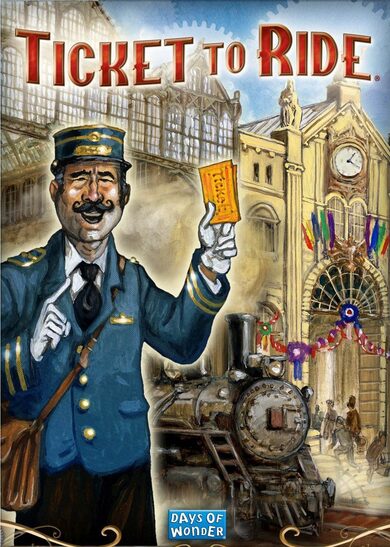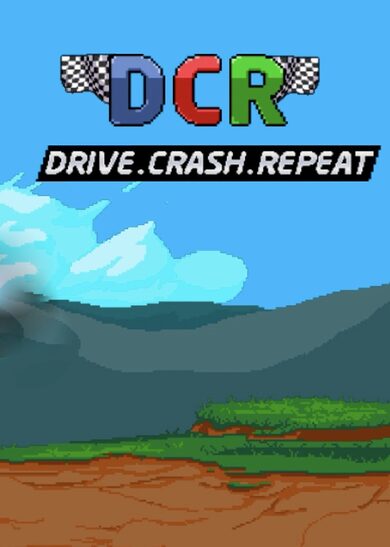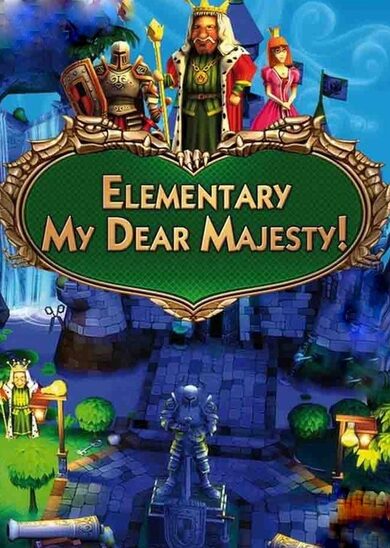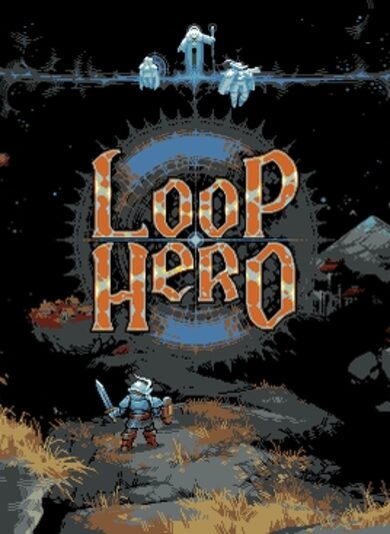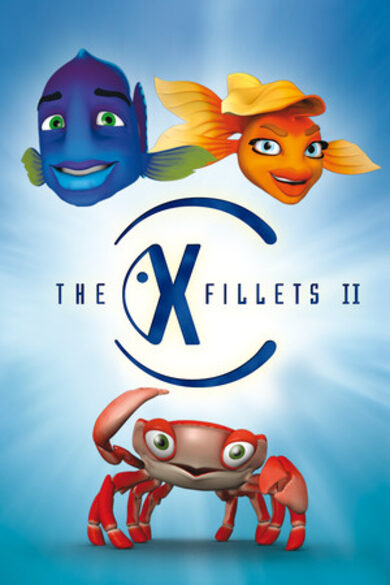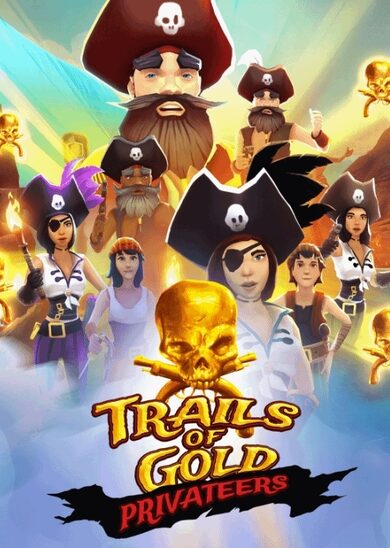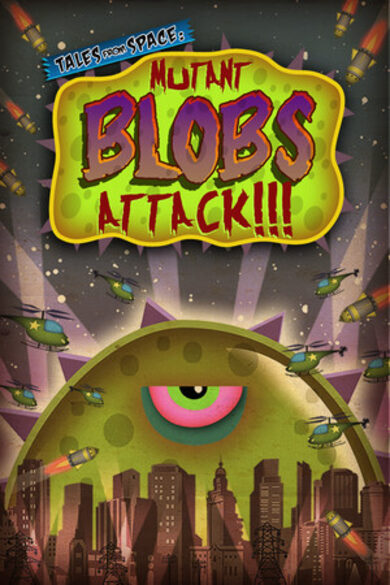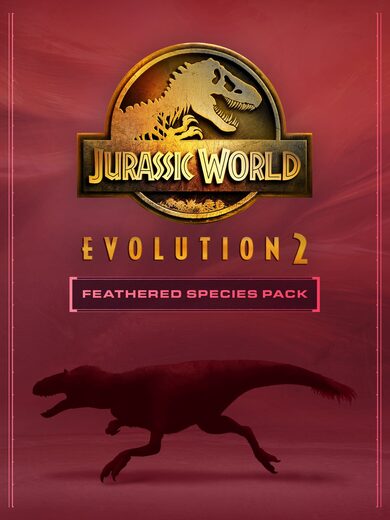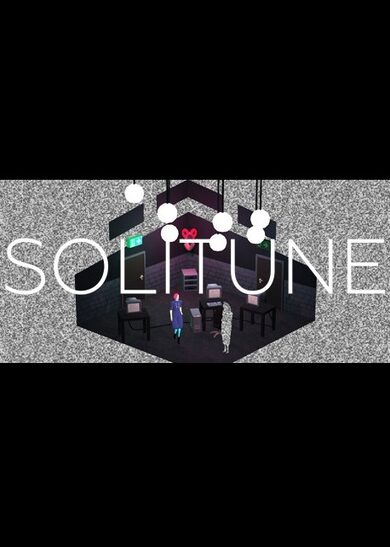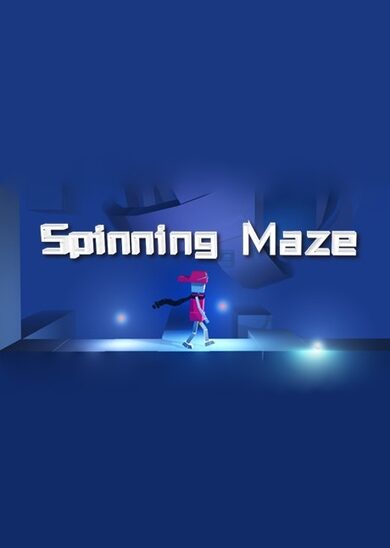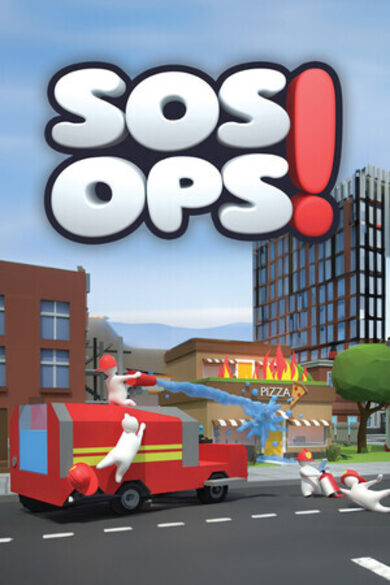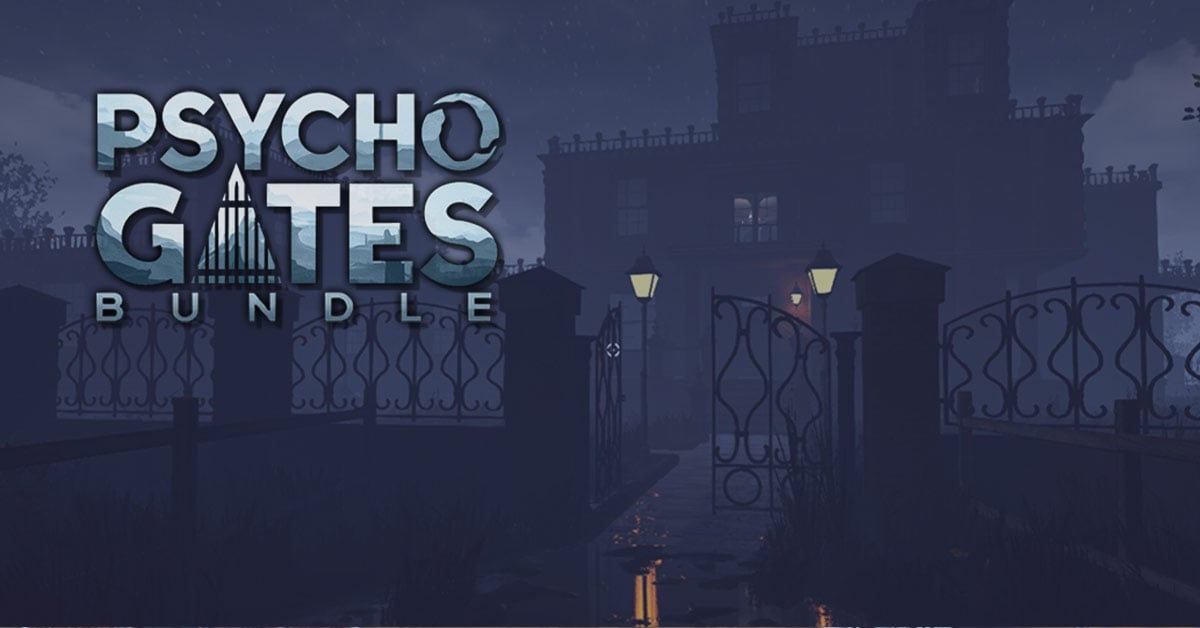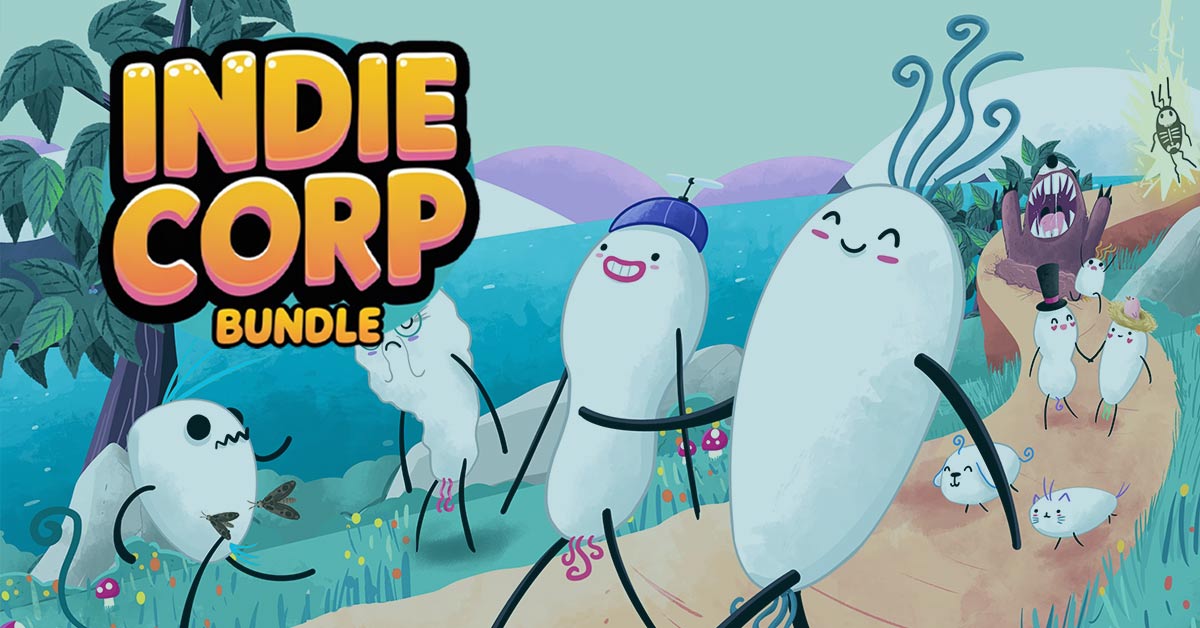- Multiplayer support: play with friends and strangers!
- Advanced pathfinding: colonists and zombies will find their way in the world you've build. They will dynamically navigate stairs, bridges and tunnels.
- Explore a world with realistically placed biomes. A giant jungle in the center of the world, surrounded by savannas, deserts and temperate biomes. Two polar regions in the far north and south.
- Support for textures and language packs created by players
- Dynamic lighting and eye adaptation
- Voice your suggestions and be part of the development of Colony Survival!

Zun's colony that he built in the past week
Zun and I are pretty big fans of logic, rationality and research. Before committing to something, e.g. a diet, exercise, buying a product, we're used to doing a decent investigation. What are the "rules" of weightlifting? What are the best and worst food options, and why?
Of course there's a debate about these subjects. But there are still very important truths out there. Having some muscles and endurance is good for your metabolism and hormonal systems. Deadlifting with an arched back is terrible. Processed food with lots of added sugars and fructose aren't good for you.
I've got a background as a historian, Zun mostly has programmer experience. These are pretty rational and constrained fields. It's very clear when the performance of a code has been optimized - or when it has gone in the wrong direction. Napoleon didn't use tanks or weaponized dinosaurs; the Romans didn't have an electrical grid or airplanes. You know the direction in which you want to go, and you know how to get there, you've just got to do the work.
For a large part, this still holds true for Colony Survival. We've got a relatively clear idea of where we want to go, and there are standards for success or failure. There are some 'rules' in regards to which games are good and which aren't.
But parts of the job are pretty vague. We're not making a product with a clear purpose like "transport persons/goods", "provide shelter", "generate energy" or anything like that. We're producing "entertainment". And where stories have to be engaging and theater productions have to be visually impressive, games are... weirder. It's perhaps closest to a puzzle. Although solving the puzzle is the goal, this shouldn't be an easy straightforward task. Having to put quite a lot of time and effort to overcome the puzzle is a big part of the appeal.
Now, if you get a bit disappointed when we describe Colony Survival as a puzzle game: I understand you completely, I'm not a fan of explicit puzzle games either. I love a good challenge, but it needs to "dress up". Crusader Kings could probably work as some kind of "pure" puzzle game where you've got to fill an abstract map with your color with some clever maneuvering, without any historical theme. But a big part of the fun is imagining that youre a royal family thats marrying, scheming and backstabbing their way to power, wealth and fame.

In fifteen years of time, roughly our youth, we went from Wolfenstein 3D (1992) to Call of Duty 4: Modern Warfare (2007). Wolfenstein was an experiment in 3D graphics and severely limited in all kinds of aspects. In CoD4, everything was possible. Loads of enemies, crashing helicopters, nuclear explosions, multiplayer. Now, I dont want to insult CoD4, its very impressive in lots of ways. But this stunning technological progress mightve also led to some wrong ideas about good games. The value of a game cant be measured in the amount of polygons, the size of the explosions or the length of the cutscenes. Ultimately, its 100% subjective. A theme that might fascinate one person might repel someone else. Something thats difficult to solve for one person might be very easy for another. One person might like the fact that its easy while the other hates the lack of challenge. One and the same person might be interested in a challenge some periods of the year or times of the day while preferring easier games the rest of the time.
The sane answer might be to look for averages, to appeal to majorities, or to look at whats popular. That might be wise to do when youre selling for example a house. But heres the catch: every house is unique by the virtue of its location. If you want to have a home with size X in Manhattan or near that awesome forest in the mountains, theres only a limited amount of options. But thats not true for games. Weve got to compete with tens of thousands of different games, and theyre all infinitely available - Portal is not going to run out of copies this year.
So if were going to do the sensible, average thing that appeals to majorities, we might be in direct competition with dozens or hundreds of similar games. This turns things around: the sensible thing might be to do the insensible, to do the thing that nobody else does, so that we can fill a niche that has been underserved.
And if this isnt problematic enough, heres the next weird thing to deal with. This entire industry is brand new. Videogames themselves are still young, but large scale digital distribution has barely reached puberty. Ten years ago, I was still prowling through the streets, moving from store to store to find good deals on videogames on discs. My current PC cant even play discs and I havent missed that feature once. The fact that games can be continuously updated with new content instead of having one specific release date is a massive revolution and we dont know how it plays out yet. Its been less than three years since Steam was opened for the masses. We dont know what the industry will look like in 2025 or 2030 - yet its what my mortgage (end date: 2049, four years post-singularity) depends on.
For a long time, weve been looking for the manual of objectively good game development. Now we've realized that there is no tried-and-trusted in this industry. Everything is constantly changing and theres no perfect metric that can be trusted 100%. The best game isnt necessarily the one that makes the most profits, or the one that has the most views on YouTube, or the one with the highest Metacritic score. Whether the Early Access labels helps or hinders us, whether free updates, DLC, a sequel or an in-game market for skins and other cosmetic items is the best option for long term revenue: nobody knows the answer with any definite certainty.
With this lack of clear, objective rules, we need other sources of guidance and inspiration. Theres a lot I could write about that, but this blog is already getting quite long! If theres any interest, Ill gladly continue the rant in a future blog :)

Last Week
One week ago we released 0.7.2! Luckily, it has caused no serious problems. Thanks to some helpful players on Discord we did figure out that the new handheld lantern colors didnt match the actual lantern color. This was fixed in a hotpatch released Saturday evening.Since then, Zun noticed some other minor unintended effects and offsets in the lighting that were fixed in 0.7.2.2, released today.
Apart from that, Zun has done lots of playtesting and weve been thinking about how to start implementing the planned UI changes. Were looking forward to making it a lot more streamlined and intuitive!
Bedankt voor het lezen :)
Reddit // Twitter // YouTube // Website // Discord
Minimum Setup
- OS: Ubuntu 12.04+. SteamOS+; 64-bit
- Processor: Intel Pentium G620 (2.5 Ghz dual core) or equivalentMemory: 2 GB RAM
- Memory: 2 GB RAM
- Graphics: Intel HD Graphics 5000. 1280x720 display
- Storage: 300 MB available spaceAdditional Notes: Work in progress: new features may raise the bar. optimizations may lower the bar
Recommended Setup
- OS: Ubuntu 12.04+. SteamOS+; 64-bit
- Processor: Intel i5-2300 (2.8 GHz quad core) or equivalentMemory: 4 GB RAM
- Graphics: Nvidia GTX 750 or equivalent. 1920x1080 display. supporting openGL 4.2+Network: Broadband Internet connection
- Storage: 1 GB available spaceAdditional Notes: Work in progress: new features may raise the bar. optimizations may lower the bar
[ 6366 ]
[ 6510 ]
[ 3327 ]
[ 2497 ]
[ 1732 ]
[ 1040 ]
[ 32822 ]
[ 955 ]
[ 45582 ]


